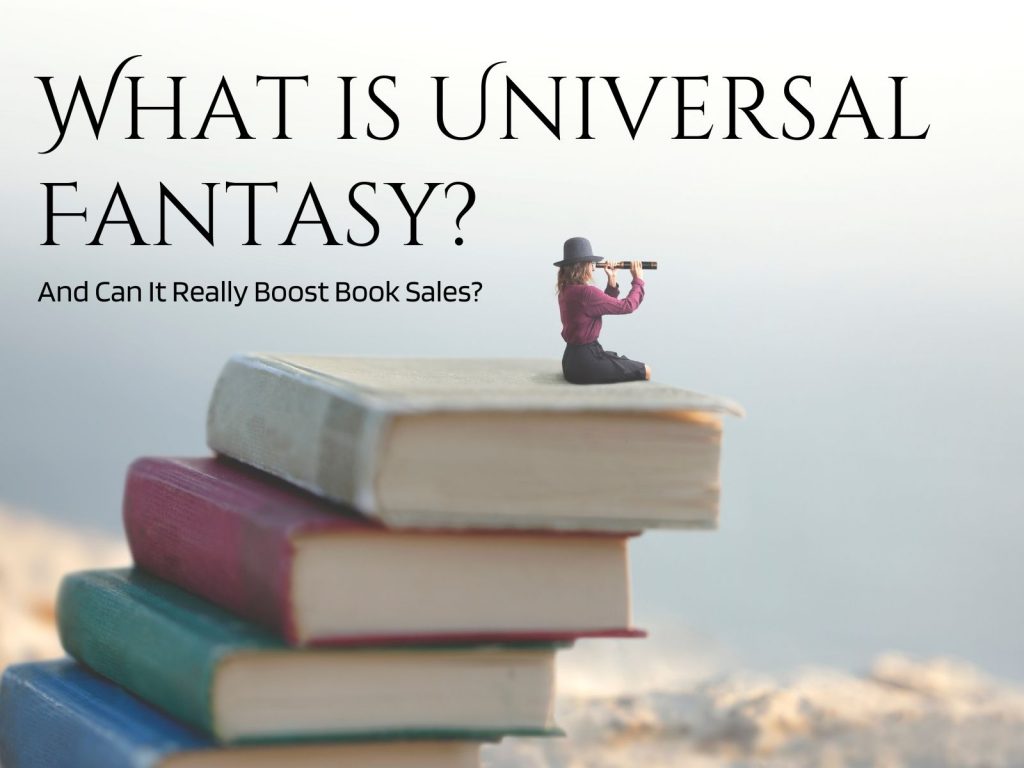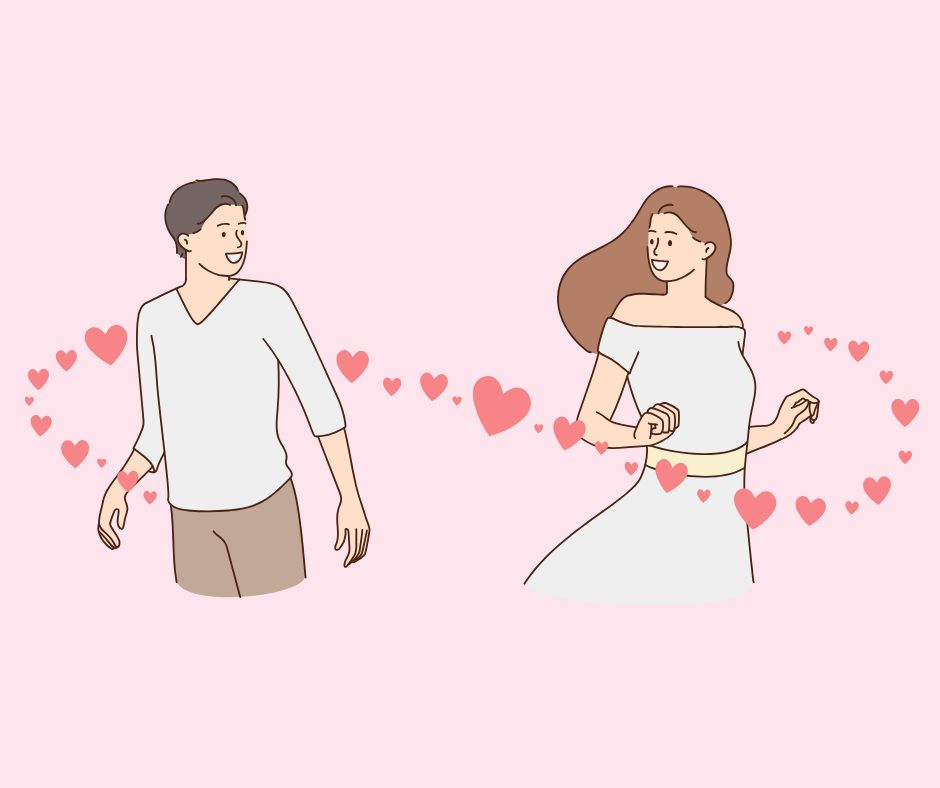What is Universal Fantasy and Can It Really Boost Book Sales?

The other day, a writer I follow on Facebook was gushing over a book on how to use universal fantasy to sell a book. Interestingly, the next morning, my ghostwriting client requested that our next book use universal fantasy concepts. At that point, I bought the book, 7 Figure Fiction: How to Use Universal Fantasy to Sell Your Books to Anyone by T. Taylor, and spent the next few hours reading it and taking notes.

What is universal fantasy?
Taylor immediately points out that universal fantasy is not a trope. She explains that a trope is what your story is, whereas universal fantasy is why it is good. It’s why readers feel things and connect with your books. She refers to it as “butter,” which is the ingredient that makes food tasty, rich, and more satiating.
Later in the blurb portion of the book, she suggests readers pay attention to parts of a blurb that spark something inside that makes them imagine themselves in the same situation as the character. That is the real essence of universal fantasy.
The best way for me to understand and describe universal fantasy is like the difference between regular POV and deep POV. One is surface level storytelling, whereas the second immerses readers into the story. Here, tropes are regular themes readers enjoy while universal fantasy taps into deeper desires, wishes, and fantasies that pull the reader into the story.
Note that in this case, using the word “fantasy” isn’t just about romantic or sexual fantasies. It refers to all the primal, deep-seated desires people have, such as feeling secure, the feeling of belonging, the desire to overcome, the need for excitement, etc. In romance, some of these wishes can be romantic or sexual fantasies such as the sexy billionaire obsessed with the plain Jane or the idea of destined love. But it can be more than that as well.
Another point she makes is that these fantasies are not necessarily things we want to experience in real life. Take Fifty Shades of Gray, for example. If Christian Gray lived in a trailer, he’d be seen as abusive and disturbed. But for some readers, the book taps into universal fantasies that involve being swept up by a powerful, rich, broody, wounded man, who exerts his power, but in the end falls for the one and only woman whose love can save him. It’s dumb in real life, but in the make-believe world, it taps into secret fantasies.
Examples of universal fantasies include:
- Swept away from a boring life to a life of luxury
- The bully who really loves you
- Most popular guy chooses you
- Wounded character
- The makeover
- True love match
- Badass woman
- Comebacks
There are more, but you get the idea. These are the themes or story archetypes that tug at readers’ heartstrings.
How to Write Universal Fantasy into Your Novel
The good news is that you probably already use universal fantasy in your stories even if you haven’t consciously decided to use it. If you’re using a trope, you probably are including a universal fantasy because tropes tap into universal fantasies.
In her book, Taylor illustrates the concept of universal fantasy using fairytales such as Beauty and the Beast and Cinderella, highlighting the universal fantasy archetypes such as being plucked from a dull life into one of riches. From these examples, it is easier to get a sense of what universal fantasy is. However, it’s more difficult to figure out how to translate this concept into executable writing craft. Simply deciding that you’re going to use a universal concept such as a genuine love match doesn’t mean that it’s going to resonate with your readers.
Taylor offers advice to use universal fantasy in your plotting, blurbs, and even your ads. I think she is spot on to recommend tapping into these archetypes in your writing and in your marketing. After all, you have to reach readers emotionally to get them to buy.
The one place I felt the book fell short was in explaining how to write in a way that taps into universal fantasies. Simply listing the universal fantasies you want in your plot, chapters, and scenes doesn’t make them happen. How do you string words together that reach a reader’s desires?
Here are my tips to writing universal fantasy:
1. Use Taylor’s advice to make conscious choices about the universal fantasies you’re using in the book plot, as well as by chapter and scene. Even if you’re a pantster, you can determine the universal fantasy you’re tapping into when you sit down to write. Again, you probably already use a universal fantasy, but by being conscience about what you’re trying to tap into gives you the focus you need to write in a way that reaches readers.
2. Understand what it is about the universal fantasy that resonates with readers. Why do some reader, like me, love second chance books? The second chance trope taps into a universal theme of one true destined love. What do readers love about that? That’s what you’re trying to tap into when you’re writing a romance.
3. Use deep POV, which gives readers an overall immersive experience. This includes avoiding unnecessary words, reducing dialogue tags, showing not telling, and limiting all experiences (thoughts, feelings, etc) to the POV character.
4. Use sensory details, especially emotional ones. If you writing in deep POV, you’re already using sensory details, but I want to highlight it because you reach readers’ deep-seated fantasies through emotion. This is where show not tell is crucial. Readers need to feel everything a character is going through: the yearning, the anguish, the ache, the bliss, the hope etc. Telling the reader that the character is heartbroken isn’t the same as writing about the pain of heartbreak. Writing with sensory detail so that readers can envision what is going on and feel all the feels is where universal fantasy exists.
What are your thoughts on universal fantasy?








Responses